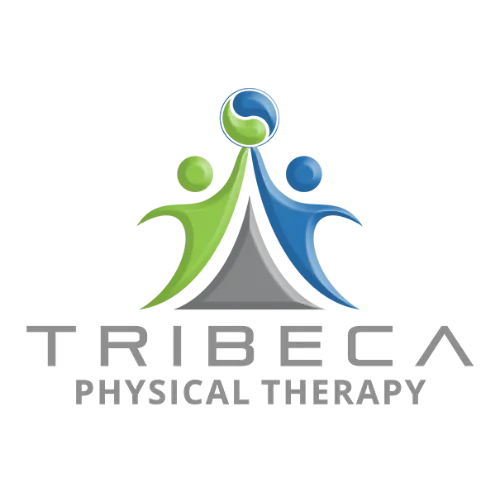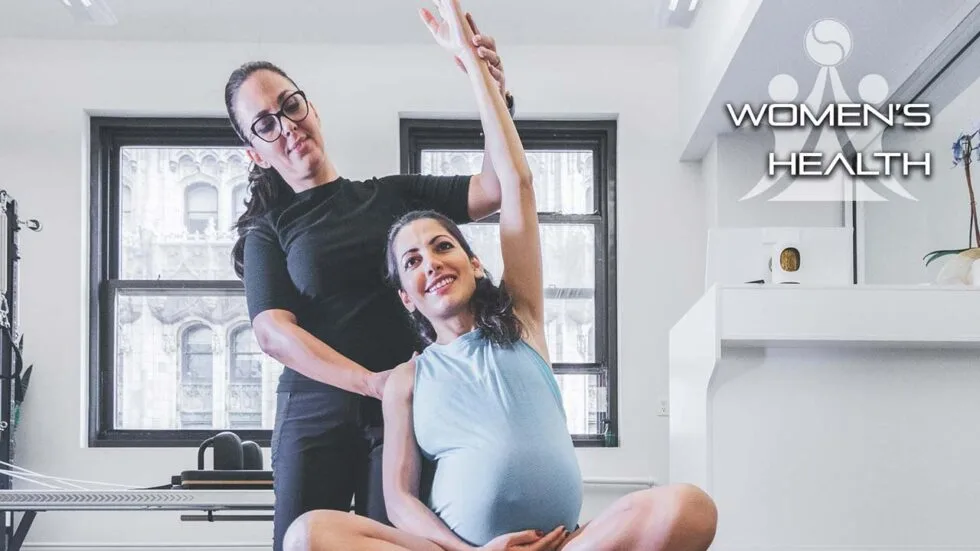As you and your body recover from pregnancy and childbirth ( either vaginal or C-section), you may experience some physical changes like exhaustion, breast enlargement and tenderness, urinary and bowel system changes, slacking of skin, abdominal weakness and unsupported pelvis and pelvic floor.
These are all common symptoms, part of the postpartum phase of recovery. This period begins after the birthing of the baby and ends when your body has returned to its pre-pregnancy function. The first recovery phase is considered to end by 4-6 weeks when usually most of these symptoms should dissipate as the surgical incision or vaginal episiotomy are healing and you’re starting to regain some strength.
What is Postpartum?
This period involves your step through many changes, both physically and emotionally. Having the right support from family and friends will help with the recovery and transition towards being a new mother.
During this time, you need to take good care of your body and mind to regain your strength. You will need enough rest, proper nutrition, and help from your partner during the first few weeks post-pregnancy.
It is normal if you feel like the early weeks and months after giving birth are still a blur for you. You are being deprived of sleep, trying to adjust, and face new challenges. And it is an achievement just to make it through each day.
It is challenging for a new mother to get by and appointments with a pediatrician for immunizations should be prioritized. These things are for your new-born. But what about you?
Should you also seek medical advice at this already frantic time? The answer is YES. Here are the four reasons why you should undergo postpartum rehabilitation:
1. Pelvic floor muscle assessment
Either you have had a vaginal or caesarian delivery, your pelvic muscles probably have gotten stretched to allow the baby to grow and be born.
The pelvic floor muscles are the muscles that support the bladder, uterus, and colon, and their proper function is necessary for bowel and bladder control as well as sexual function.
At a postpartum rehabilitation program, thorough examinations will be done to check if there are symptoms of pelvic floor dysfunction such as:
- Bowel or bladder incontinence
- A feeling of vaginal heaviness or numbness
- Pain in the vaginal area
2. Abdominal muscle assessment
One importance of the six-week postpartum visit is the evaluation of the connective tissue between the rectus abdominus muscles. Separation of these muscles is typical throughout pregnancy as the muscles and connective tissue stretch and thin to support the growth of your baby. It can take several months for these muscles to start to heal after giving birth. For some women, healing happens on their own, but the majority of women do need guidance on how to treat and prevent the appearance of Diastasis Recti which can be detrimental to the lower back, pelvic floor, and core function.
Mothers are encouraged to rest and avoid activities that could cause an increase in abdominal pressure like:
- Sit-ups
- Heavy lifting
- Hardened coughing and sneezing
- Forcing to open your bowels
- Abdominal binders/wraps can be helpful during the first few weeks after birth to support the abdominal wall as it heals.
3. Musculoskeletal functional and postural assessment
There are several musculoskeletal changes that a woman can experience during and after pregnancy, related to muscle weakness, changes in the center of mass, changes in posture, and alignment when holding/feeding the baby or carrying /pushing a stroller. Most common are:
- Carpal Tunnel Syndrome (wrist pain)
- Upper and lower back pain
- Pelvic pain
- Pubic Symphysis pain
4. Postpartum bladder care
Most women experience urine leakage or incontinence after they have given birth. This is also referred to as stress urinary incontinence (SUI). This may be a common symptom for a lot of women, but not a normal symptom at 6-8 weeks postpartum, and the earlier is addressed the better the results. Therefore, this topic may be embarrassing to discuss, but it is important to prevent further serious complications.
Tribeca Physical Therapy is officially reopened for in-person physical therapy sessions and continues to offer Telehealth PT or Virtual PT. Call us at 2124068080 or message us and book your first session free.



